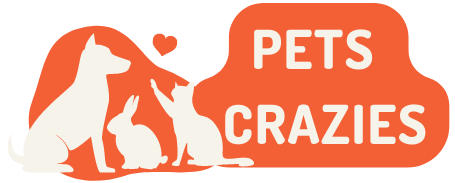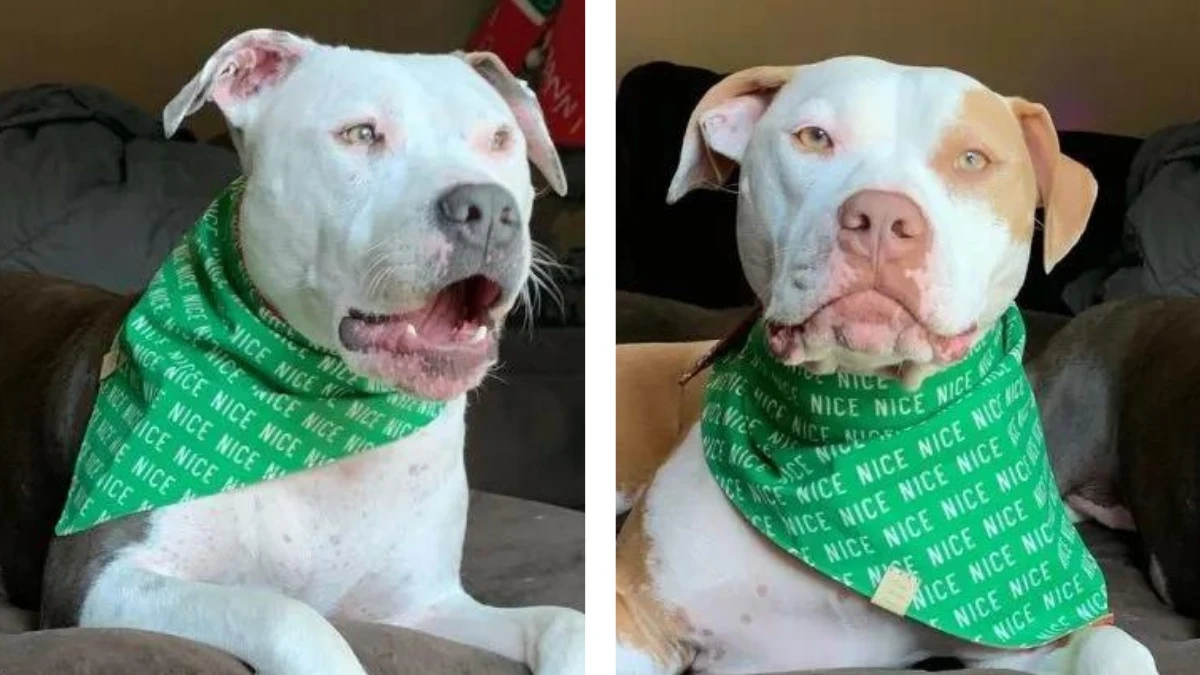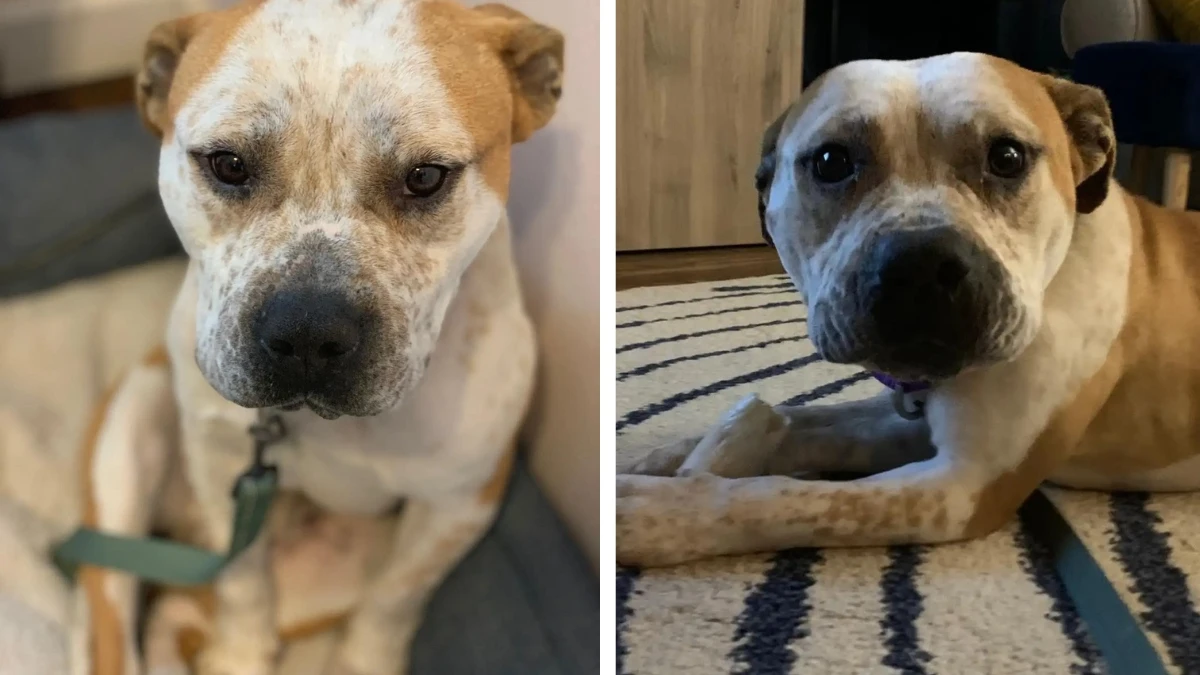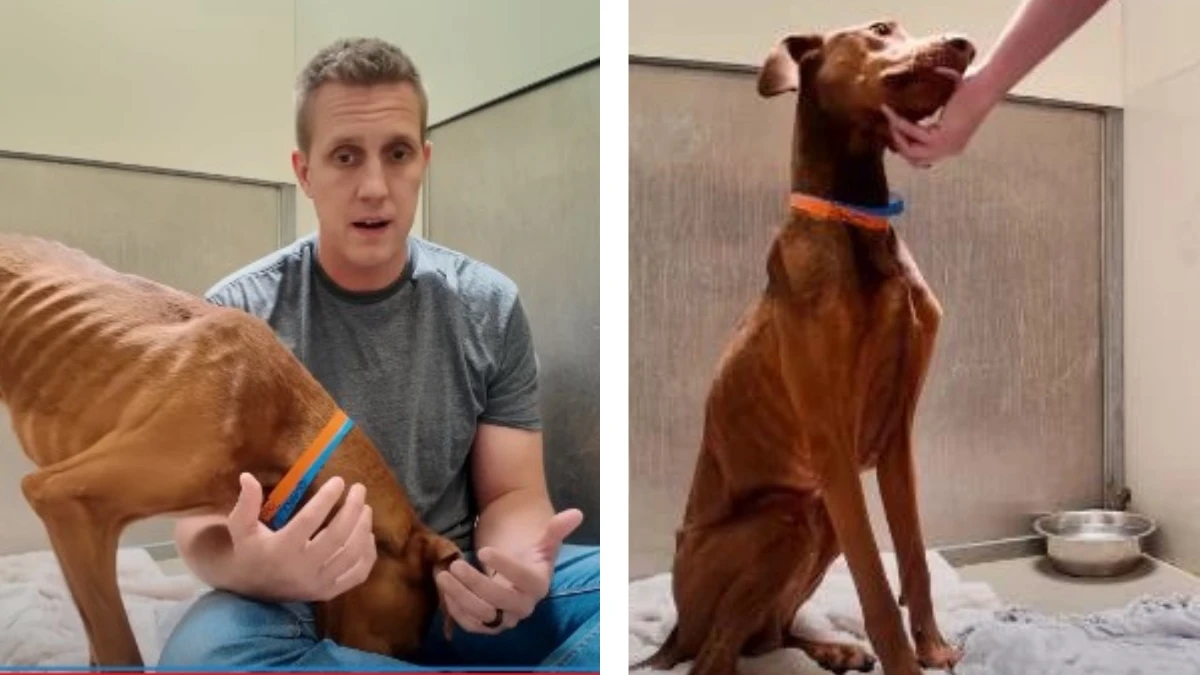Autism can make it difficult for kids to form relationships with other people, but small dogs can help bridge that gap. Dogs provide unconditional love and acceptance, which can be incredibly healing for children on the autism spectrum.
Small dog breeds are great for autistic children because they help them learn how to interact with others and develop social skills. But not just any dog will do! You need to choose the right dog for your autistic child’s personality and needs.
According to the Centers for Disease Control and Prevention, about 1 in 44 children in the United States has autism spectrum disorder. (Source)
Choosing the right small dog for a child with autism is critical. Some dogs are better suited for autistic children than others. For your ease, we’ve compiled a list of the best small dog breeds for autistic children based on their temperament and needs.
Did you know?
The research has shown that dogs can help improve social skills and reduce anxiety in individuals with autism? In fact, a study conducted by the University of Missouri found that children with autism who had a service dog showed significantly improved social interactions and communication abilities.
So, let’s dive into the top small dog breeds for autistic children.
How Small Dogs Help Autistic Children?

Dogs provide companionship and unconditional love, which can be extremely beneficial for children with autism. Dogs can also help autistic children learn how to interact with others and develop social skills.
Some of the ways that small dogs can help autistic children include:
1. Serving as a calming influence
The presence of a dog can provide a sense of calm to children with autism. They can help to reduce anxiety and meltdowns. For example, many children with autism are afraid of loud noises. Having a dog can help to ease this fear and provide comfort.
2. Helping with sensory issues
Many children with autism have Sensory Processing Disorder (SPD). This means that they have trouble processing information from their senses. Dogs can help to calm and ground children with SPD by providing deep pressure and proprioceptive input.
3. Encouraging physical activity
Dogs can help to encourage physical activity in children with autism. Playing and exercising with them can provide motivation to do so. This is especially important for children who are non-verbal or have limited communication skills.
4. Improving social skills
For children with autism, dogs can provide valuable practice in social skills. They can help children learn how to interact with others, take turns, and share. Dogs can also serve as conversation starters, which can be helpful for children who are non-verbal or have difficulty communicating. For instance, a child with autism might be more likely to approach another child if they are both walking their dogs.
5. Helping to reduce anxiety and stress
Dogs can help to reduce anxiety and stress in children with autism. Support and comfort can be provided during difficult times by them. For example, a dog can be a soothing presence during times of transition or change. Moreover, dogs can help to lower levels of the stress hormone cortisol.
6. Encouraging communication
Communication can be encouraged in children with autism through the use of dogs. They can provide motivation to communicate and practice social skills. For instance, a child with autism might be more likely to initiate communication if they are trying to get the attention of their dog. Additionally, research has shown that dogs can help to increase speech production in children with autism.
7. Helping to develop social skills

Social skills are one of the main areas in which dogs can help children with autism. Dogs can provide valuable practice in social skills such as interacting with others, sharing and taking turns. Dogs can also serve as conversation starters, which can be helpful for children who are non-verbal or have difficulty communicating.
Moreover, dogs can help to improve eye contact in children with autism. One study found that when children with autism interacted with dogs, they made more eye contact than when they were interacting with toys or other people.
Other than that, dogs can also help to improve joint attention skills in children with autism. Joint attention is the ability to share attention with another person. It is an important skill for social interactions.
8 Best Small Dog Breeds For Autistic Child
1. MINI POODLE:

This dog is hypoallergenic, intelligent, trainable, and social. All these qualities make the mini poodle a great pet for children with autism.
This breed is also one of the best dogs for families because they are great with kids. The mini poodle is a low-shedding dog, which means that they are less likely to trigger allergies in children with autism. Additionally, this breed is very easy to train and means your child can quickly learn how to properly interact with the dog.
2. CAVALIER KING CHARLES SPANIEL:

A Cavalier is a sweet, gentle, and affectionate dog, eager to please its master. They make a great family dog and are good with children. This breed is relatively inactive indoors and does not require a lot of exercises.
Moreover, they are known to be a relatively quiet breed, which can be beneficial for a child with autism who is sensitive to noise. For example, if the child is bothered by the sound of a barking dog, then a Cavalier might be a good choice.
Cavalier are patient dogs that are known for their sweet dispositions. This breed is a good choice for a child with autism because they will be patient and tolerant of the child’s behavior. In this way, the child can learn how to properly interact with the dog without feeling overwhelmed.
3. SHIH TZU:

Families, particularly those with children, will love the Shih Tzu, a small, playful breed. They are known to be gentle, loving, and patient, which makes them ideal for children with autism.
In addition, These dogs are loving and affectionate, and they enjoy spending time with their human companions. As well as being relatively easy to train, they are ideal for first-time dog owners. For these reasons, the Shih Tzu is one of the best small dog breeds for autistic children.
4. PEMBROKE WELSH CORGIS:
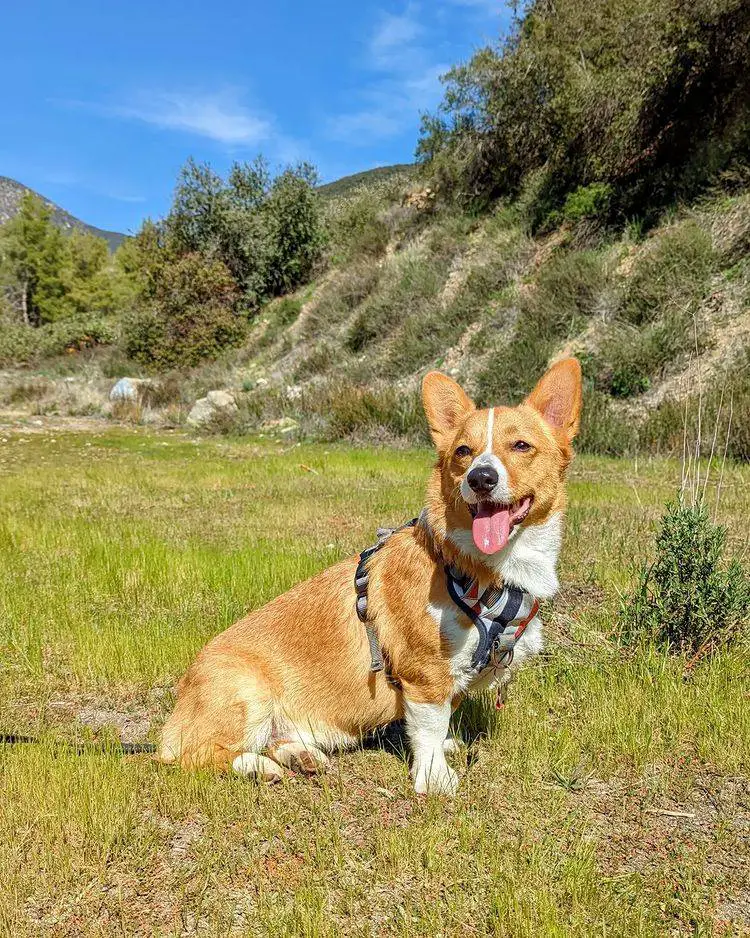
They are intelligent and eager to make their owner happy, which can make training easier. They are also relatively inactive indoors and only require moderate exercise. This breed is a good choice for a child with autism who is not very active.
In addition, Pembroke Welsh Corgis are relatively easy to care for and do not require a lot of grooming. For instance, they only need to be brushed once a week.
5. BICHON FRISE:
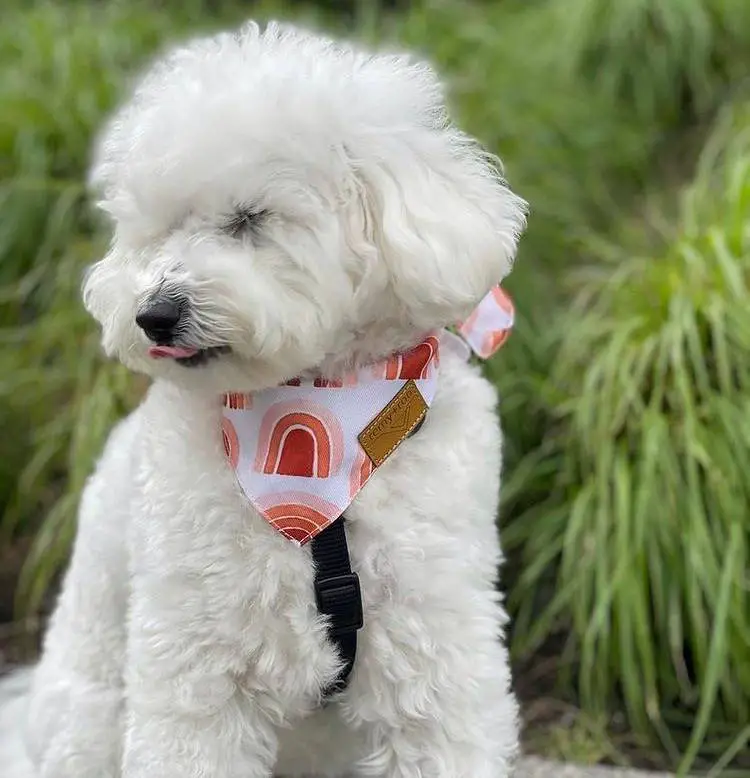
The Bichon Frise is a small, white dog with a curly coat. This breed is known for being gentle, loving, and affectionate. They are also known for being good with children.
This breed does not require a lot of exercises and is a good choice for a child who is not very active. It is important to note that this breed does require regular grooming. For that reason, it might not be the best choice for a child with autism who is resistant to grooming.
6. PEMBROKE WELSH CORGIS:

They are intelligent and eager to make their owner happy, which can make training easier. They are also relatively inactive indoors and only require moderate exercise. This breed is a good choice for a child with autism who is not very active.
Additionally, they are known to be a very vocal breed. This can be beneficial for a child with autism who is nonverbal. The child can learn to communicate with the dog by using the dog’s vocalizations.
7. BEAGLE:

This small breed is known for its gentle and friendly disposition. They can easily get along with kids and are known to be great family dogs.
Beagles are also intelligent and easy to train. Autistic children can help to improve their eye contact and joint attention skills.
Furthermore, They can also help to ease anxiety and provide companionship to the child with autism.
8. GOLDEN RETRIEVER:
A Golden retriever is one of the most popular dog breeds and for good reason. They are friendly, intelligent, and easy to train. They are also good with children.
This breed is perfect for a child with autism who needs a calm and patient companion. They can help to ease anxiety and provide a sense of security. For example, the child can learn to touch and pet the dog in a gentle way.
How To Choose The Right Small Dog For A Child With autism?
There are a few things to consider when choosing a small dog for a child with autism.
1. The child’s age and maturity level

It is important to choose a dog that is appropriate for the child’s age and maturity level. For instance, a puppy might not be the best choice for a young child. Puppies require a lot of care and attention, and they can be too much for a young child with autism to handle.
In addition, it is important to consider the child’s level of physical activity. Some small breeds are more active than others. If the child is not very active, then a less active breed might be a better choice.
2. Consider obedience training and socialization classes
Before bringing a new dog home, it is important to consider obedience training and socialization classes. These classes can help the child and the dog bond and build a trusting relationship. They can also teach the child how to properly interact with the dog. For example, the child will learn how to give the dog commands and how to provide proper care.
3. The size of the dog
When choosing a dog for a child, make sure it is the right size for him or her. Some children with autism may be afraid of large dogs. Others may have difficulty controlling their impulses and might accidentally hurt a smaller dog. It is important to choose a dog that is the right size for the child’s age, weight, and height.
4. The child’s interests
It is also important to choose a dog that the child is interested in. It is unlikely that the child will benefit from having a dog if he or she does not like dogs.
Moreover, it is important to consider the child’s interests when choosing a breed. For instance, if the child is interested in dinosaurs, then a dog that looks like a dinosaur might be a good choice.
5. Get a dog from a reputable source
When getting a dog, it is important to get one from a reputable source. This will help to ensure that the dog is healthy and has a good temperament.
There are many ways to find a reputable source for dogs. One way is to contact your local animal shelter or rescue group. These organizations often have dogs of all breeds and temperaments.
Another way to find a reputable source for dogs is to ask your veterinarian for a recommendation. Your veterinarian likely knows of several reputable breeders in your area. There are many online resources that can help you find a reputable source for dogs.
FAQs
What is the best small dog breed for an autistic child?
The best small dog breed for an autistic child is the Cavalier King Charles Spaniel. They are known for their sweet dispositions and are patient dogs that are good with children.
What is the best breed of dog for an autistic child who is nonverbal?
The best breed of dog for an autistic child who is nonverbal is the Pembroke Welsh Corgi. They are known to be very vocal and this can be beneficial for a child with autism who is nonverbal.
What are some of the benefits of having a dog for an autistic child?
Some of the benefits of having a dog for an autistic child include companionship, ease of anxiety, and improved communication skills. Additionally, dogs can help to improve eye contact and joint attention skills.
What is the best breed of dog for an autistic child who is resistant to grooming?
The best breed of dog for an autistic child who is resistant to grooming is the Bichon Frise. They only require brushing once a week and do not require a lot of grooming.
Conclusion
On the basis of the above observation, it can be safely said that small dogs are the best friends for autistic children as they provide them with immense love and companionship. They help to ease anxiety and provide a sense of security. In addition, small dogs are relatively easy to care for and do not require a lot of grooming.
Furthermore, they are known to be very vocal and this can be beneficial for a child with autism who is nonverbal. The child can learn to communicate with the dog by using the dog’s vocalizations.
Hence, we can see that small dogs offer a multitude of benefits for autistic children and they make great companions.
